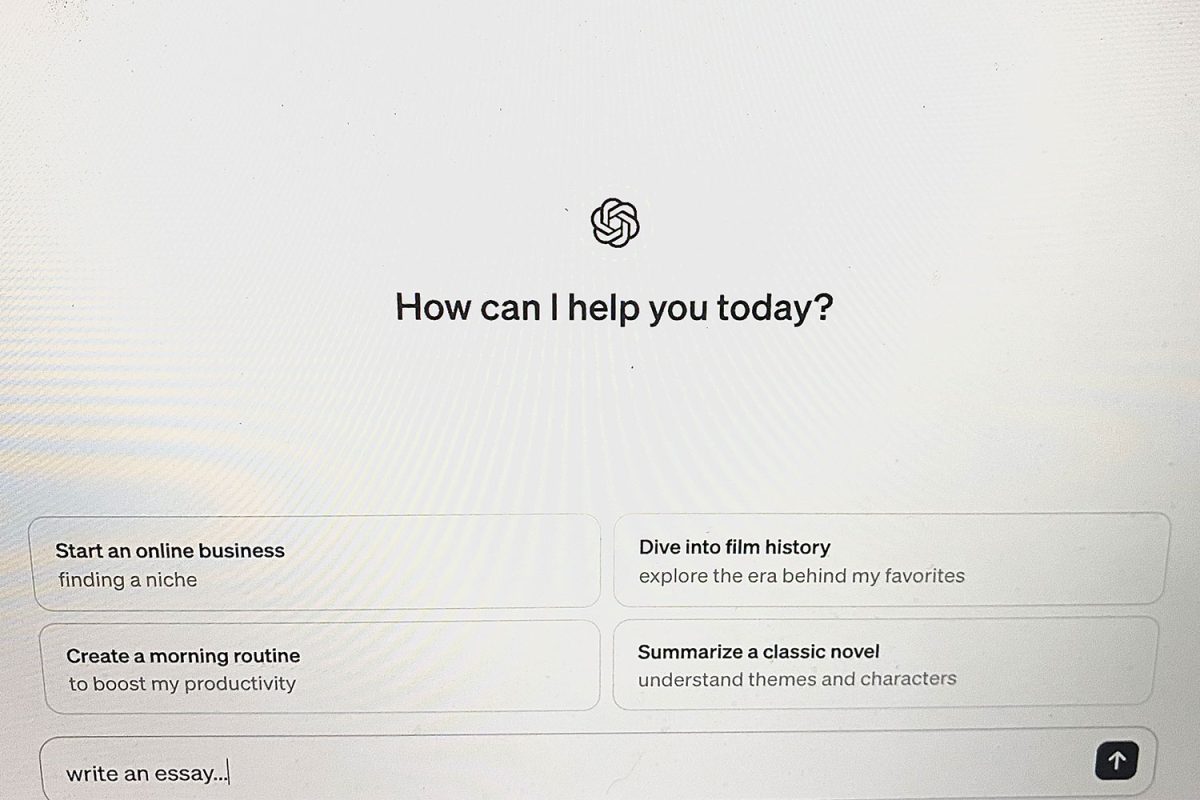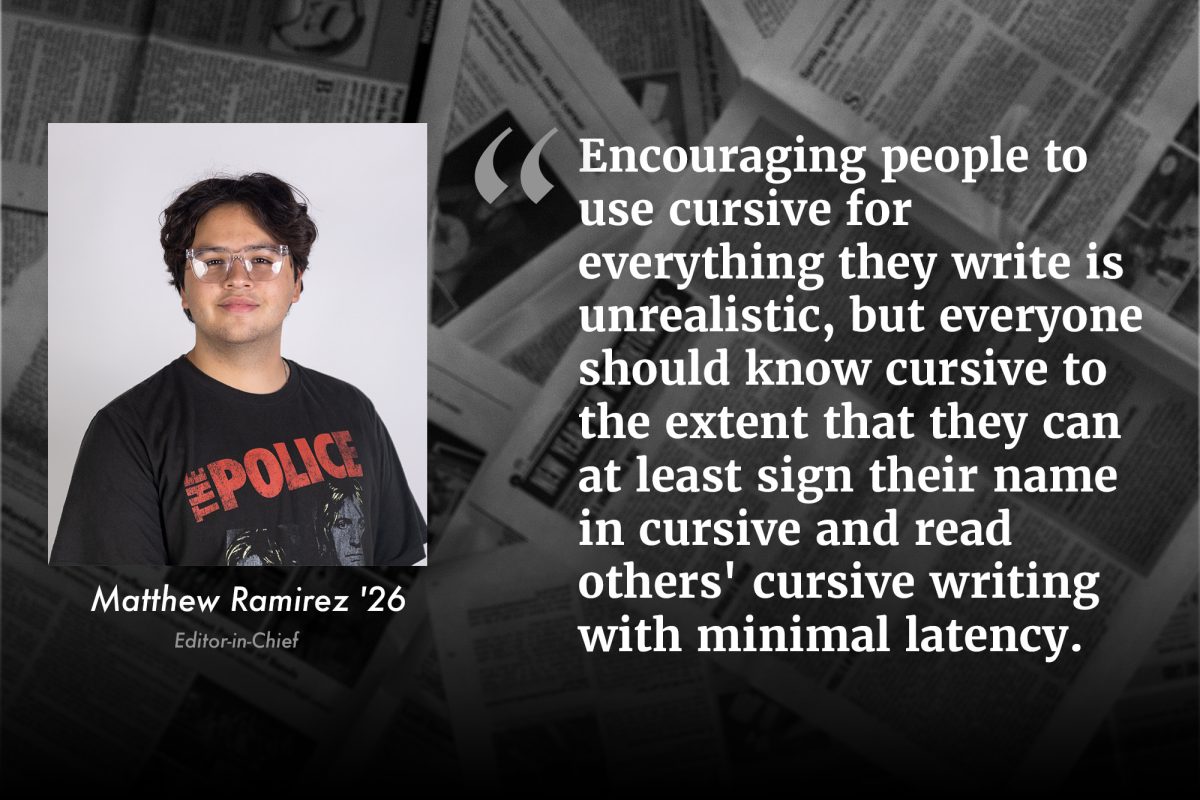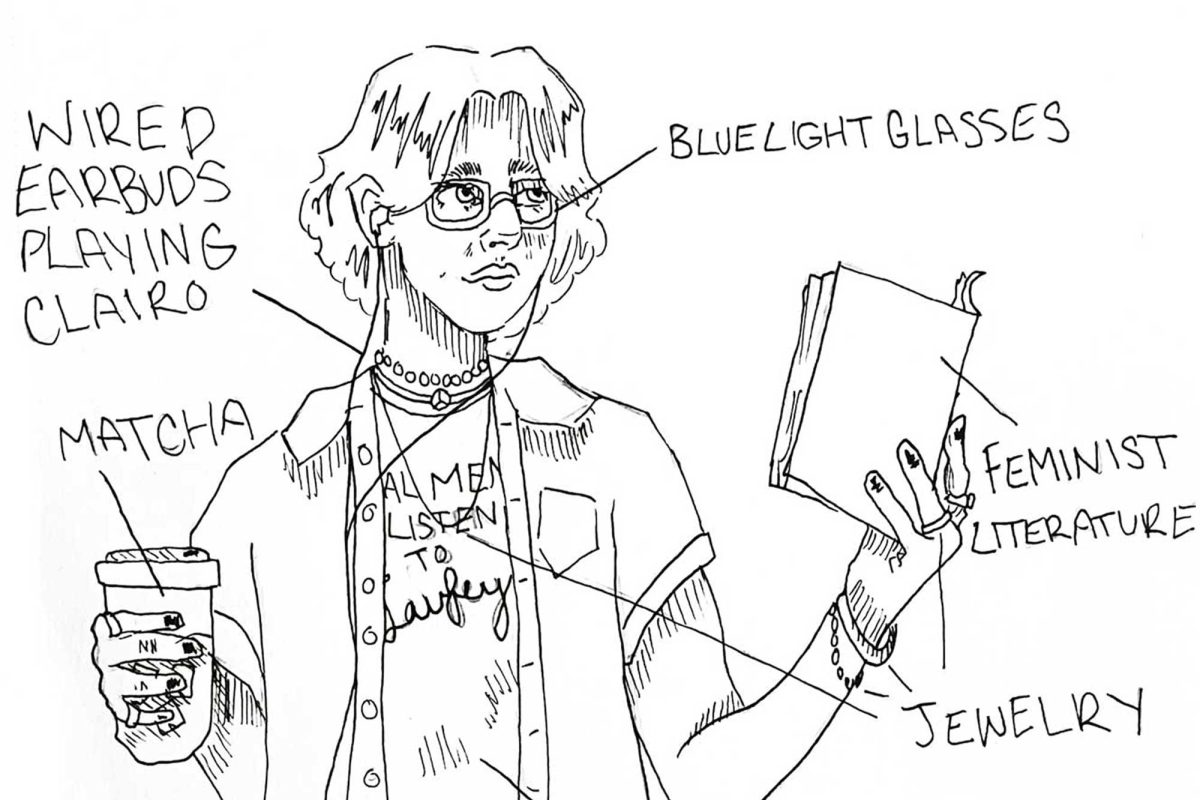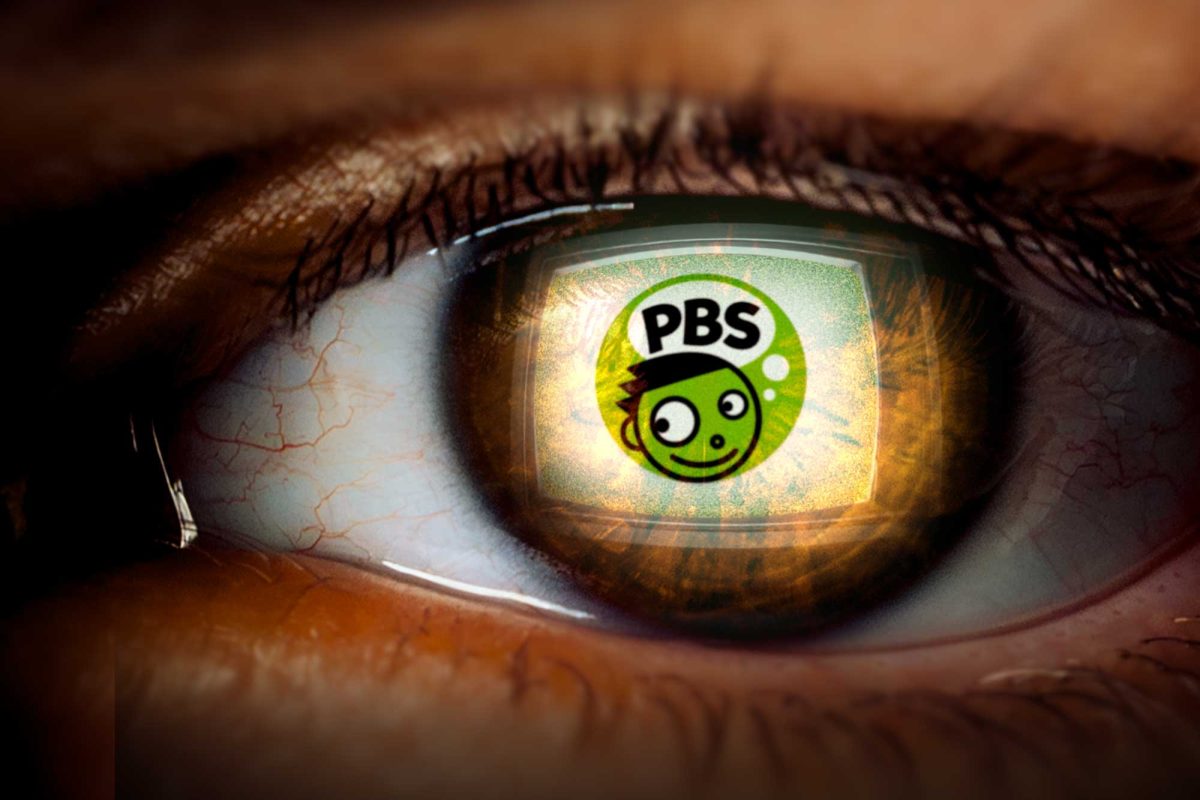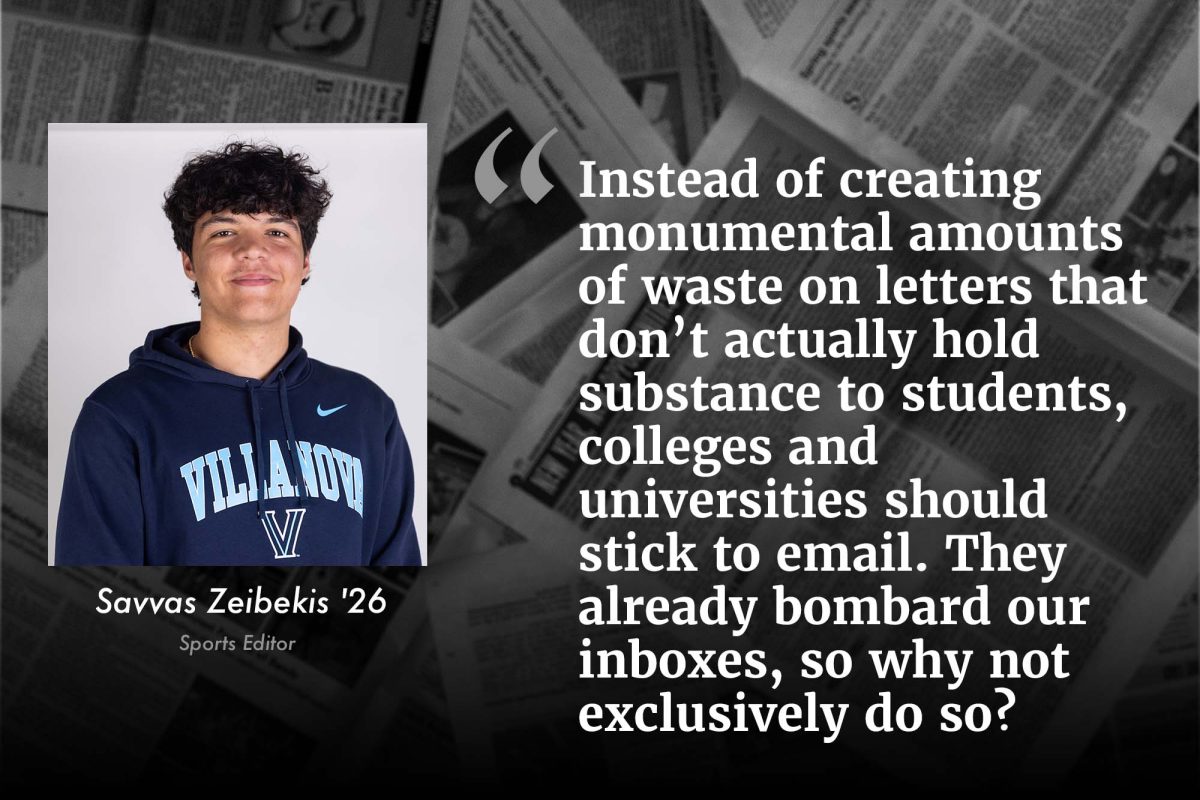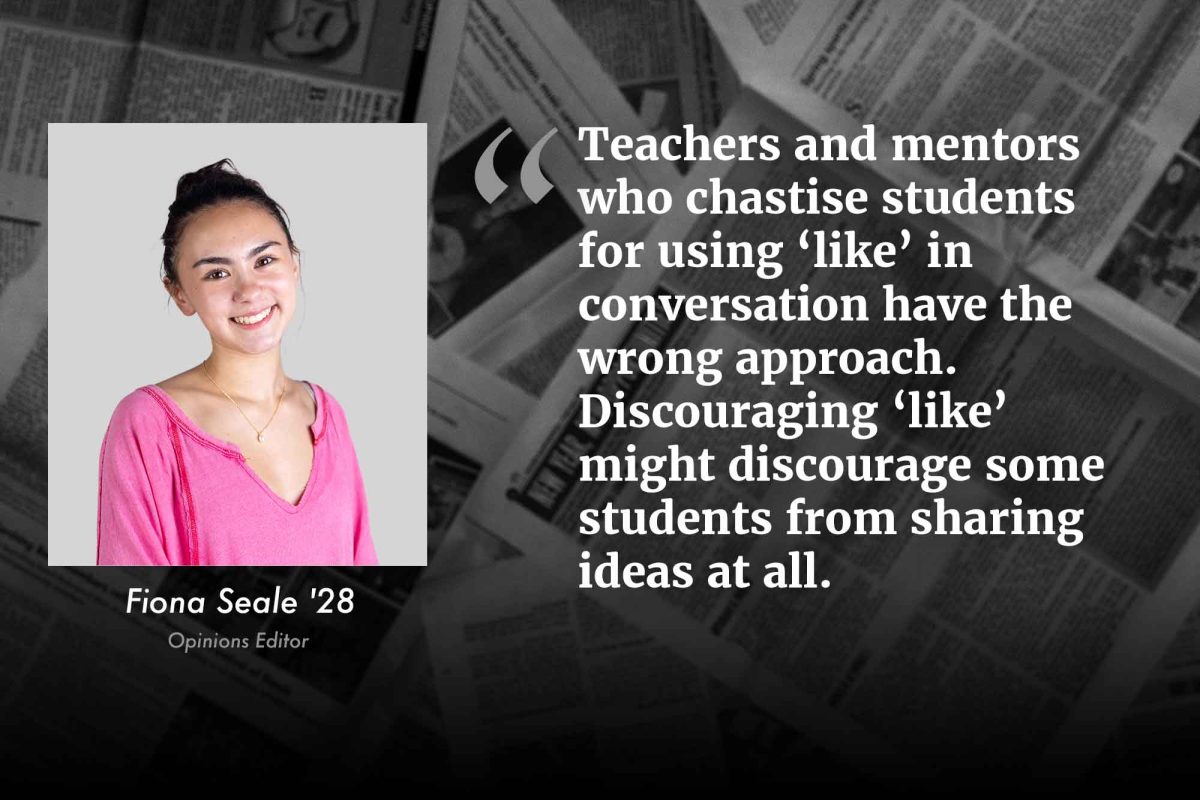Artificial intelligence is described by an AI tool (ChatGPT) as “the simulation of human intelligence in machines that are programmed to think, learn, and problem-solve like humans.”
These machines can perform tasks that typically require human intelligence.
Students use AI to their advantage by using it to write essays or other writing assignments by simply submitting a prompt and having AI do exactly what it says. While it may not be completely accurate, it gives the student the bulk of the writing, and they may only need to change a few words or sentences.
“Plagiarism is always when you are passing off someone else’s work as your own. When you’re using a large language model to write your piece, then that’s it writing it, you’re not,” ninth grade English and AP Language and Composition teacher Mr. Matthew Morris said.
AI is trained to research and use information from the internet. This means that AI “steals” work from those who publish copyrighted works.
“To train artificial intelligence, you need information and data,” Morris said. “For these tech companies to teach it, they take information from external sources to give to the AI, using it as its source material.
Authors, artists, and other creators have been suing AI companies because of this. According to Morris, this is the first roadblock to using AI ethically.
“It needs to come from ethical large language models, and until we have that baseline, it’s like ‘What are we even talking about?’” Morris said.
After this problem is solved, the question remains—can AI be used in an academic setting?
“I think it is a tool, but I think it’s being used for the whole essay, not just improving it,”
“It’s tricky because if you let AI go through, it’s kind of like an honor system, whether they follow and how could you see if they did or not,” freshman Patrick O’Connor said.
It’s clear that using AI in a current academic setting is bound to lead to plagiarism and ethical dilemmas.
However, if we want AI to be used ethically in an academic setting, it has to involve the whole school teaching students how to use it appropriately and showing how to use it for genuine improvement.
For example, we can teach students how to evaluate the AI’s response. Model how it (ethically) should be used, and show that just using AI is actually destructive to one’s learning.
“Maybe there is a way in the future where we end up using AI in that way,” Morris said.




